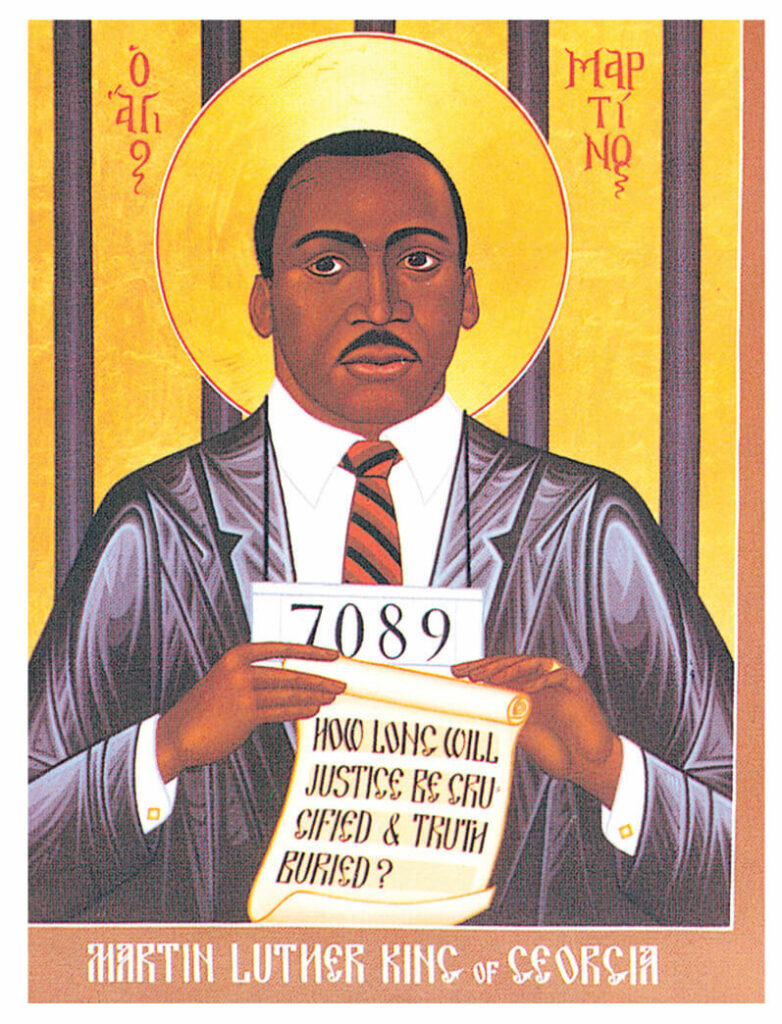
Fifty-one years ago Dr. Martin Luther King, Jr. went to jail rather than stop his nonviolent resistance to Jim Crows law in Birmingham, Alabama. In 1963, a hundred years after the Emancipation Proclamation freed slaves, African Americans faced Jim Crow laws and couldn’t vote.
Over Easter weekend Dr. King wrote his now famous Letter from Birmingham City Jail to black clergy who thought his protest was making it hard for their congregations and should stop. “An unjust law is no law at all,” Dr. King wrote. He insisted that he would be “the first to advocate obeying just laws” but had “a moral responsibility to disobey unjust laws.”
What is an unjust law? “Any law that degrades human personality is unjust,” Dr. King said in the letter. “An unjust law is a code inflicted upon a minority which that minority had no part in enacting or creating because it did not have an unhampered right to vote.”
For Dr. King nonviolent resistance offered a middle way between complacent people in the African American community who had adjusted to segregation and black nationalist groups that were close to violence. “Will we be extremists for hate or extremists for love?” he asked.
For a month adults marched daily in Birmingham until there were no more adults who could go to jail. On May 1, over a thousand children and young people marched. The police arrested 900 of them.
The next day 2,500 children marched. The police chief ordered firefighters to turn high-powered hoses on the children. For three days the demonstrations grew larger.
Dr. King encouraged his people to protest with love. “We must say to our white brothers all over the South who try to keep us down: We will match your capacity to inflict suffering with our capacity to endure suffering. We will meet your physical force with soul force. In winning the victory, we will not only win our freedom. We will so appeal to your heart and your conscience that we will win you in the process.”
On May 5, 3,000 young people assembled for a prayer pilgrimage to the Birmingham jail. The procession approached the police barrier. Firefighters waited with hoses. Dogs strained on their leashes. The procession stopped, and all 3,000 knelt in prayer.
When the police chief ordered them to turn back, the black minister leading the procession said, “We’re not turning back. We’ve done nothing wrong. All we want is our freedom.” When the police chief ordered the hoses turned on, the firefighters stood by and let the young people march through. They could no longer fight love with violence.
“Blessed are those who hunger and thirst for justice.”
Matthew 5.6
